|
Anyone publishing a book in Spain during the Franco dictatorship of 1939-75 had to accept censorship as an ugly fact of life. Material that was sexual, liberal, anti-Catholic or foul-mouthed was almost always expunged. This should have ended with the Spanish constitution of 1978, yet many censored texts of world classics and Spanish literary landmarks survive in reprints and even retranslations – not only in Spain but throughout the hispanic world. With the Francoist right again on the ascendant, Jordi Cornellà-Detrell argues that this legacy must be addressed.
Political developments in Sudan continue at a dizzying speed. Five days after Omar al-Bashir was forced to step down, the country’s future still hangs in the balance. What’s become clear is that the transition from military to civilian rule won’t be smooth. Willow Berridge explains why it’s crucial that all parties – including the country’s rebels – be involved in negotiations and that professionals and political forces stay united to avoid mistakes of the past.
Scientists working in a remote region of the Pyrenees mountains recently discovered microplastic particles that should not have been there. Sharon George and Carolyn Roberts look at how worried we should be about this airborne pollution. And Vincent Naude and Arjun Amar explain how they pieced together a clearer picture of what Africa’s threatened Martial eagles eat.
|
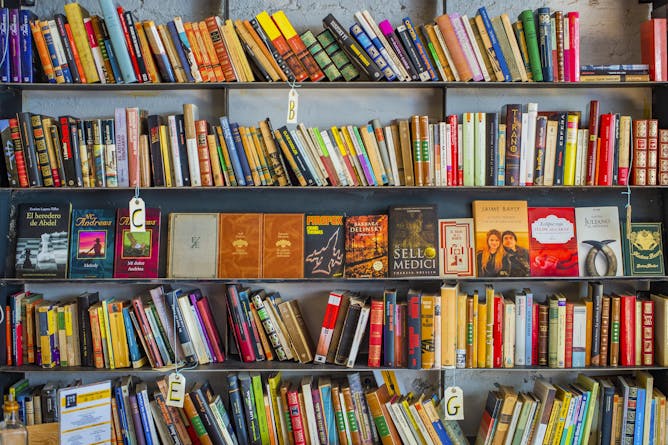
Spanish practices.
Dani Oliver
Jordi Cornellà-Detrell, University of Glasgow
Whenever writings were explicit, liberal or anti-Catholic, the Francoist censors crossed them out.
|

Leader of Sudan’s transitional council, Lieutenant General Abdel-Fattah Burhan.
EPA-EFE/STRINGER
Willow Berridge, Newcastle University
There are concerns that the transition to civilian rule in Sudan won't be smooth.
|
Energy + Environment
|

Vincent Naude, University of Cape Town; Arjun Amar, University of Cape Town
Scientists now have a better understanding of what martial eagles eat. This is valuable for the conservation of this endangered species.
| |
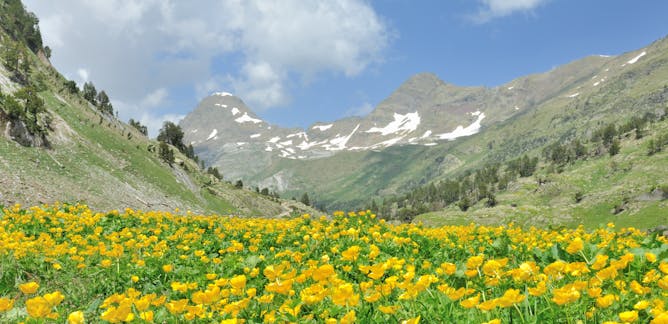
Sharon George, Keele University; Carolyn Roberts, Keele University
New research finds tiny particles in the atmosphere had been carried nearly 100km. Should we be worried?
|
|
|
Science + Technology
|
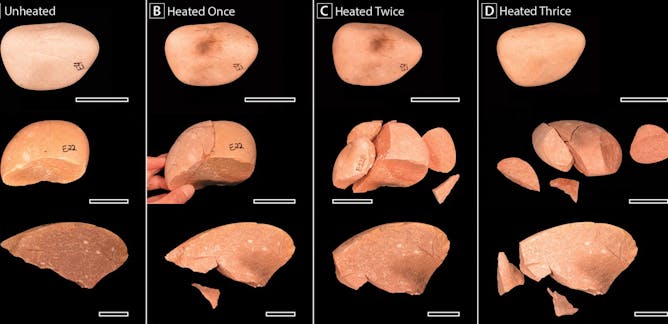
Silje Evjenth Bentsen, University of Bergen
Researchers can more easily compare heated rocks from different studies and areas.
| |
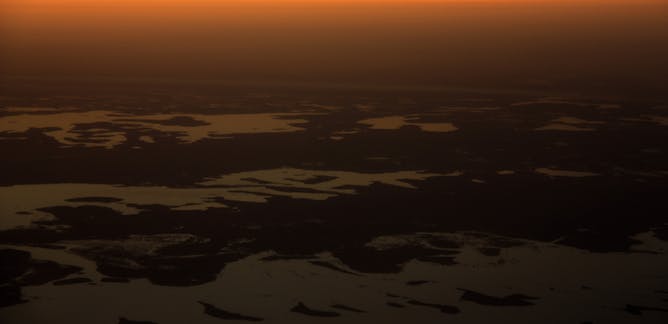
Frederi G. Viens, Michigan State University
Scientists are trying to figure out what risks changes in Lake Chad's levels pose to people in the region.
|
|
|
En français
|
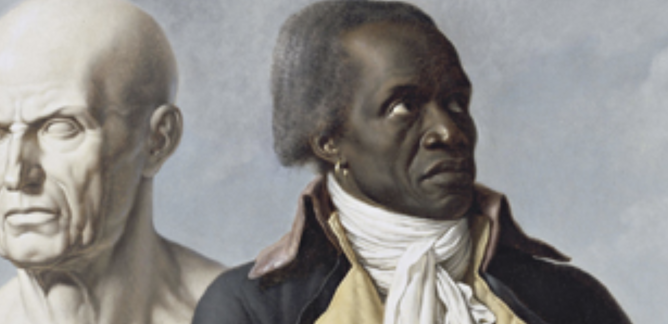
Erick Cakpo, Université de Lorraine
Les raisons qui ont conduit à représenter les sujets noirs dans la peinture sont multiples et diverses, et jamais dénuées de sens.
| |

Christian-Georges Schwentzel, Université de Lorraine
« Game of Thrones » n’est pas du tout une reconstitution historique du passé, mais suscite pourtant un très vif intérêt de la part des historiennes et des historiens.
|
|
|